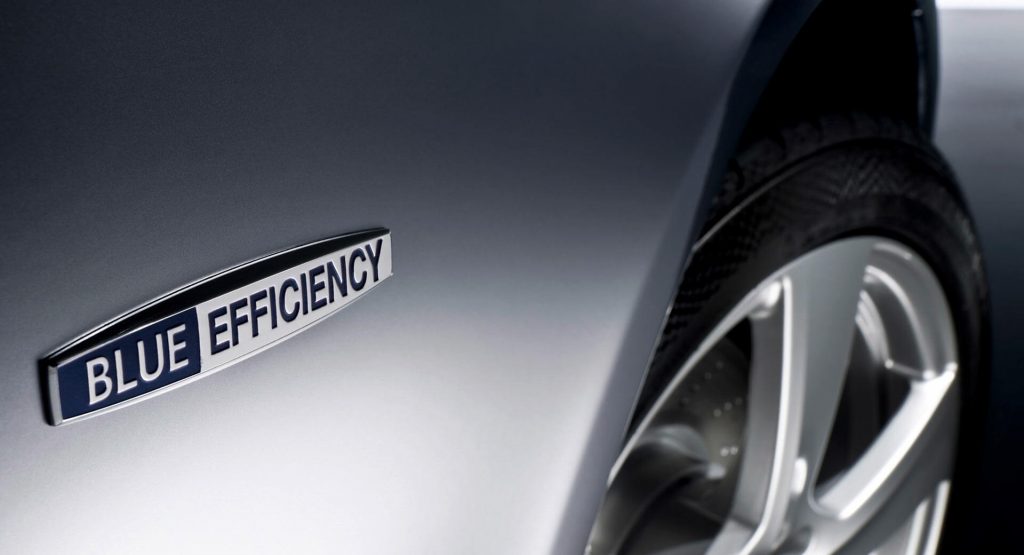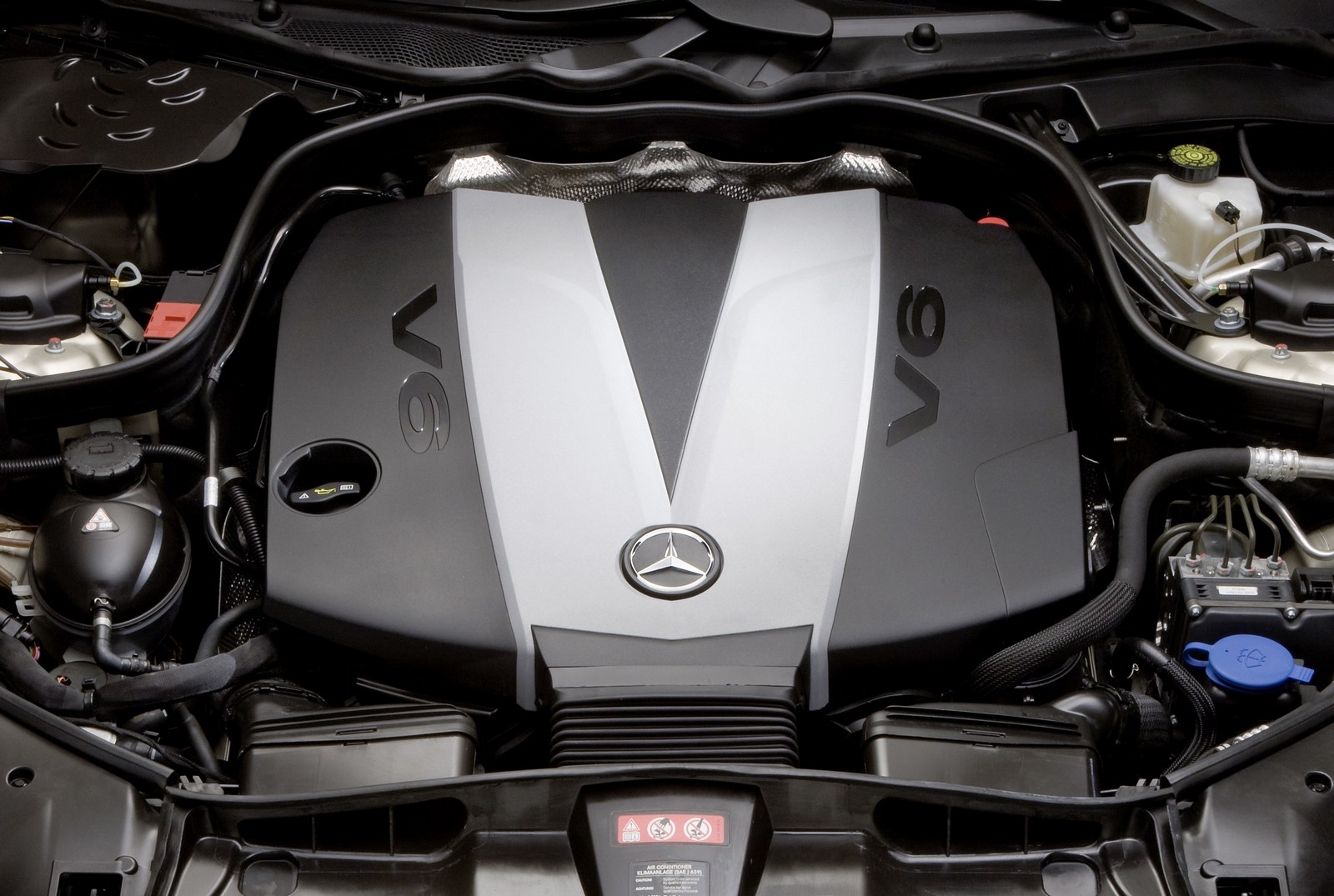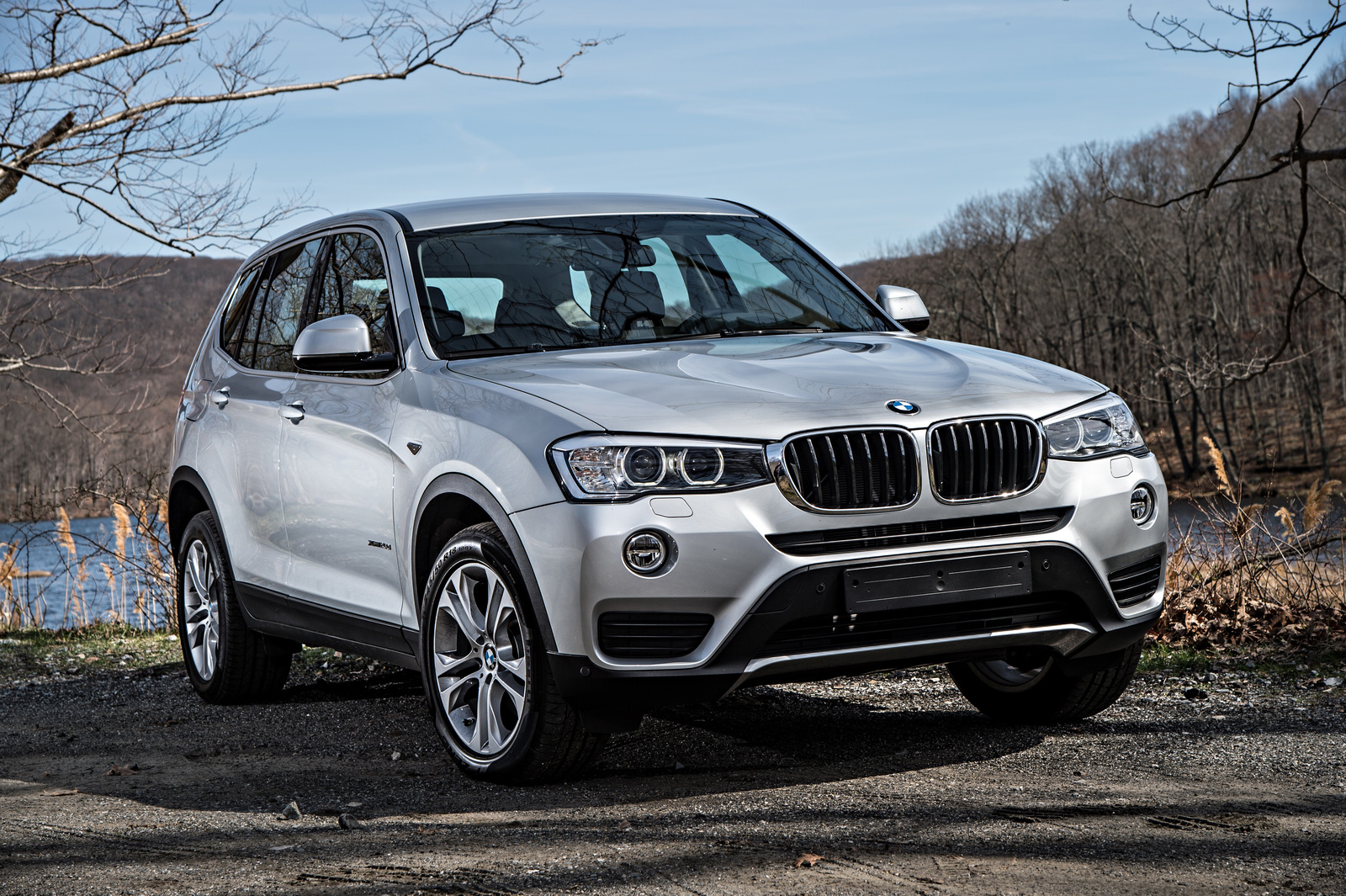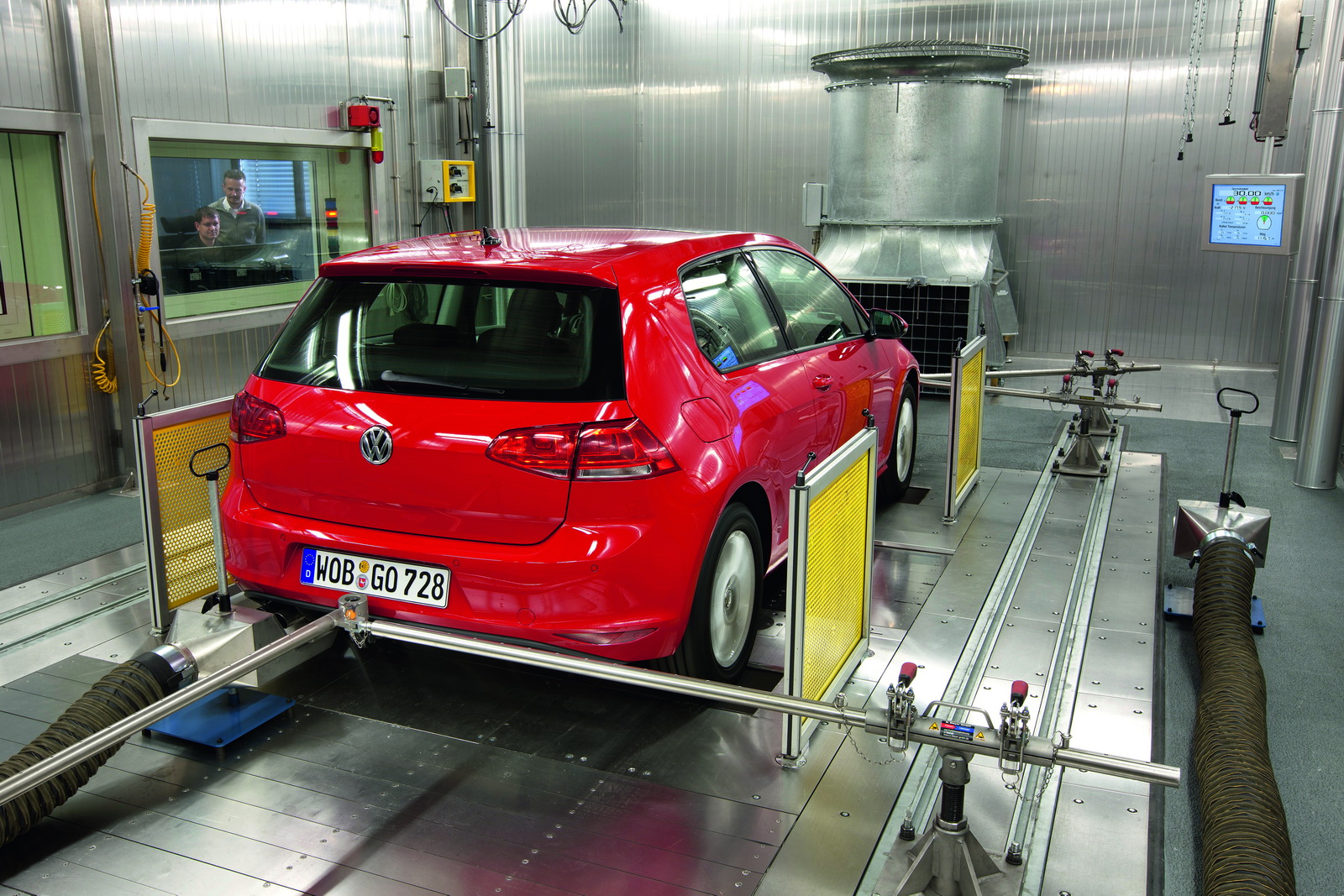European Union antitrust regulators filed charges today against Daimler, BMW and the Volkswagen Group, accusing them of colluding to block the rollout of emissions-cleaning technology.
The European Commission stated that it has already sent statements of objections to the automakers setting out the charges. This takes place nearly two years after authorities carried out raids at their headquarters. If found guilty, the companies could face massive fines.
Apparently, the collusion occurred between 2006 and 2014, and took place during the automakers’ technical meetings, reports Autonews Europe.
“Daimler, VW and BMW may have broken EU competition rules. As a result, European consumers may have been denied the opportunity to buy cars with the best available technology,” stated European Competition Commissioner, Margrethe Vestager.
Authorities are focusing on selective catalytic reduction systems that use an injection of urea to reduce harmful nitrogen oxide emissions in diesel cars (AdBlue). Concerns were also brought up about a potential collusion on “Otto” filters that reduce harmful particulate emissions on gasoline-powered models.
Strangely enough it was Daimler who alerted the regulator about this collusion, although the Stuttgart-based brand didn’t expect to be fined as a result of bringing the information to their attention. As of right now, BMW and VW couldn’t be reached for a comment.
As for how much the three automakers could be fined, apparently it could be as high as 10 percent of their global turnover, which is by no means a slap on the wrist.
Update (BMW issued the following statement):
“The BMW Group will examine the objections and information provided by the European Commission and submit a reply to the authority. Since this matter concerns ongoing proceedings of the European Commission, the company will not comment on the content of the objections at this time. The BMW Group’s review of the statement of objections and any resulting potential financial impact is ongoing. The BMW Group regards these proceedings as an attempt to equate permissible coordination of industry positions regarding the regulatory framework with unlawful cartel agreements.”
“Based on current knowledge, the Commission is specifically investigating whether German automobile manufacturers cooperated in technical working groups to restrict competition in development and rollout of emission-reduction technologies. From the BMW Group’s point of view, this situation cannot be compared with cartel investigations involving territorial and price agreements, for example. Fundamentally, the participating engineers from the manufacturers’ development departments were concerned with improving exhaust gas treatment technologies. Unlike cartel agreements, the whole industry was aware of these discussions – which did not involve any “secret agreements” and did not intend any detriment to customers or suppliers.”
“A focus of the European Commission’s proceedings is the allegation that manufacturers reached an agreement on the size of AdBlue tanks for SCR (Selective Catalytic Reduction)-systems. This is said to have restricted competition for the best emission control method for diesel vehicles. A further goal of the manufacturers was the establishment of an extensive, customer-friendly AdBlue filling infrastructure over the long term as a pre-condition for the installation of smaller and lighter tanks. Manufacturers and automotive industry associations held talks with the petroleum industry regarding this matter. The working groups did indeed discuss the introduction of smaller AdBlue tanks, subject to availability of an adequate filling infrastructure. This was explained in public, for example by the German Association of the Automotive Industry (VDA) at a “Diesel Emissions Conference” in June 2009 in Brussels. However, as it became apparent that this infrastructure would not be available quickly enough, the BMW Group ultimately installed larger AdBlue tanks. Compromising emission control efficiency for the sake of optimising tank size was never an option for the BMW Group.”
“The European Commission further alleges that the companies concerned agreed not to introduce the petrol particulate filter (PPF) or to delay its introduction – thereby restricting competition for the best technology to reduce particulate matter. It should be noted that the discussions between manufacturers were directly linked to lawmakers’ deliberations at that time regarding the introduction of limits for particulate matter. The aim of the manufacturers and their associations was to participate in the discussion concerning the definition of future, technically achievable limits. This is usual practice in all industries regarding upcoming regulatory proposals. In order to achieve an industry position on the proposed legislation, the manufacturers first reached agreement among themselves and then via the VDA and ACEA automobile associations. The results of the discussions were incorporated into the consultations held by the Commission.”
“The BMW Group attaches great importance to the findings confirmed by the European Commission in its press release of 18 September 2018 that the ongoing investigations concern only potential violations of competition law and not deliberate unlawful manipulation of the emission control system. There is no allegation of this kind against the BMW Group.”






